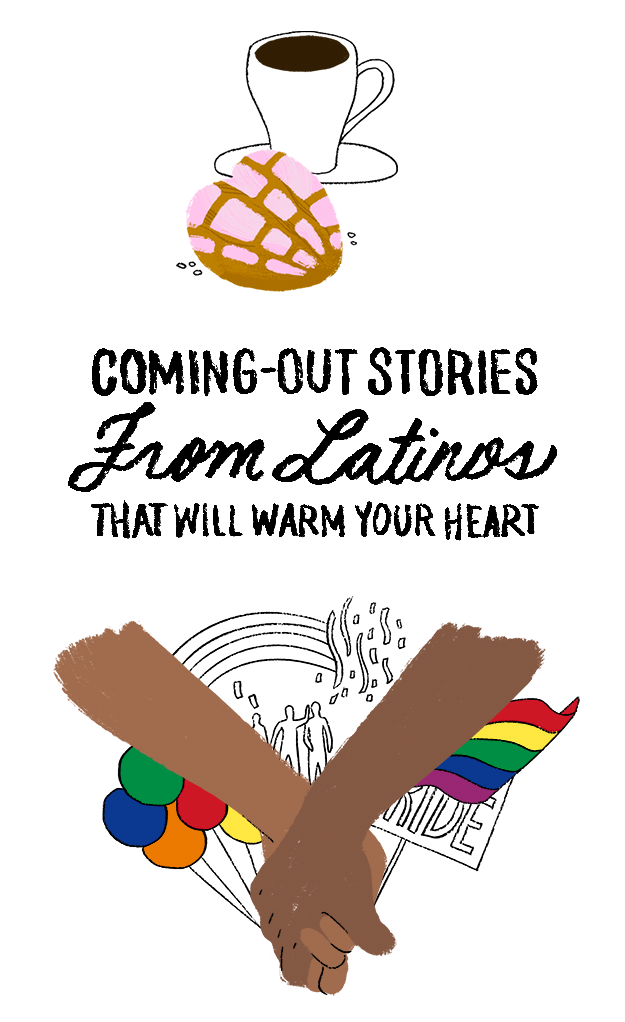I’ve made plenty of mistakes in two decades of broadcast journalism but I am still surprised at a couple of blunders made at the BBC recently. First, they broadcast library pictures of the 2004 Asian tsunami in a report about the 2008 Burmese cylcone. Then they used pictures of Hitler dolls in a piece to illustrate the rise of neo-nazism in Ukraine. Unfortunately the film was actually of dolls made in Taiwan.
There is an adage in journalism that once is an incident and twice is a trend. In which case the BBC ought to check its systems. It is red-faces all round at TVC but to err is human and journalism is still produced my mortals as well as machines. They have had the decency to come clean and apologise in public. But does it undermine trust in the BBC or the mainstream media? Is Nick Davies right to say that standards are slipping?
Last night I was grilled by a highly intelligent audience of media-literate folk at Cafe Diplo about my new book. One of the questions that kept coming up was “how you can trust New Media?” My retort, based partly on the kind of mistakes being made at the BBC, was that you shouldn’t trust any media. Professional journalism has always been fallible, routinely imperfect, and sometimes mendacious.
Even New Media bloggers have doubts. Martin Belam is a media consultant who is reluctant to call himself a journalist, but he certainly produces journalism:
I might not have an intranet with a database of important forthcoming events at my disposal like people within the BBC do, but I read widely in my ‘niche’ so I knew the event was going on. I came armed with my multi-skilled reporting tools – a notebook, a laptop and a Nokia N95 camera-phone. I sat and listened and took notes and pictures, and jotted pithy quotes down verbatim.
As Martin points out, people will read and trust his account of that event. Not just because he has gone through the ‘journalist’ routine but because they have a relationship with him based on their experience of his blog: his previous articles, his responses to comments, his willingness to listen and learn as well as pronounce:
‘trust’ isn’t earned because the blog is written by a name journalist or a mainstream media publisher. It is because it becomes a relationship. It isn’t the same type of relationship that I have with people in a one-to-one situation, even though a lot of the subscribers here are people I know. And it certainly isn’t the same type of traditional relationship between broadcaster and audience that has existed in the one-to-many model.
This is precisely the kind of new relationship that I argue must be sought by all journalists. In SuperMedia I call it Networked Journalism. Martin is curiously ambivalent about the subriquet of “journalist”. In that sense I think he is fighting a battle between ‘Old’ and ‘New’ media that has finished some time ago.
The real ‘war’ now is for the attention of the audience and for a fuller understanding of how to make this Networked Journalism thing work for everyone from bloggers to the BBC. The public will forgive us our trespasses if we stop acting like little Gods. The way the BBC responded with a bit of humility and openess to their sins suggests they have learnt this lesson. Judging by the viewer feedback, it’s appreciated:
Another honest mistake, these things happen,it’s just the way you deal with them that makes a difference, the way the bbc apologises for mistakes it makes and removes incorrect information as soon as possible is to be commended, thanks beeb



